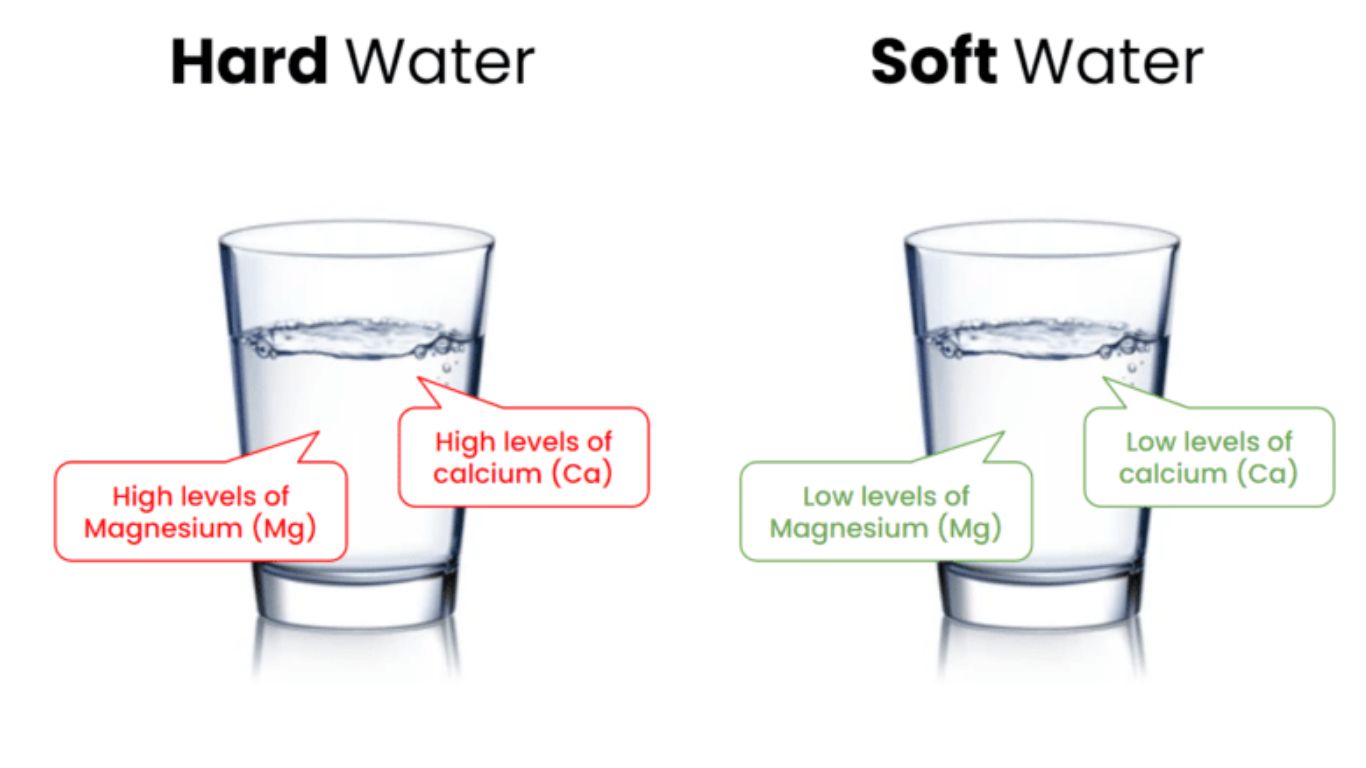The Council of Scientific and Industrial Research (CSIR), India’s premier industrial research organization, has been at the forefront of revolutionizing the country’s industrial innovation. Under the leadership of its first woman Director General, Dr. N Kalaiselvi, CSIR has reduced India’s reliance on imports, particularly from countries like China, while strengthening the nation’s position in the global supply chain.
In an interview with Jitendra Choubey, Dr. Kalaiselvi discussed CSIR’s recent breakthroughs, commercialization efforts, and its vision for a self-reliant and innovation-driven India.
Key CSIR Innovations in Recent Years
Over the past three to four years, CSIR has introduced numerous innovative technologies across various sectors, some of which have been successfully commercialized. These include:
- Hydrogen Cylinder Type-IV: A step toward clean energy solutions.
- Hydrogen Fuel Cell Technology: Critical for promoting green hydrogen as a sustainable energy source.
- Aerospace Technology: The development of Hansa-3, a two-seater light trainer aircraft.
- Seaweed Farming Technology: Boosting the blue economy through sustainable seaweed cultivation.
- Steel Sludge Management: Utilization of industrial waste in road construction, offering an environmentally friendly solution.
Indigenous Production of Paracetamol
Self-Reliance in Pharmaceutical Manufacturing
India has historically imported ingredients for paracetamol, a widely used pharmaceutical product. CSIR has now developed an indigenous and cost-effective technology to manufacture paracetamol.
- A Karnataka-based company, Satya Deeptha Pharmaceuticals Ltd, will adopt CSIR’s innovation to produce paracetamol domestically.
- This technology is not only cheaper but also more efficient, aligning with India’s Atmanirbhar Bharat mission to achieve self-sufficiency in pharmacy.
- Commercial production is expected to begin by next year.
Recent Breakthroughs in Industrial Innovation
CSIR’s approach has evolved significantly in the past three years. Instead of seeking collaboration, industries are now approaching CSIR to fulfill their needs and innovation requirements.
Hydrazine Hydrate (HH): Cutting Imports by 60%
- CSIR developed an indigenous process to manufacture hydrazine hydrate (HH), a chemical crucial in sectors such as pharmaceuticals, agrochemicals, automotive, and mining.
- Previously, India relied on imports from European nations, but domestic production has now reduced imports by 60%.
Steel Sludge Management in Road Construction
Disposing of steel sludge, a hazardous industrial byproduct, has long been a challenge. CSIR’s innovative technology allows steel sludge to be reused in road construction, making it both eco-friendly and cost-effective.
- Five highways, including the Surat-Vadodara-Mumbai-Goa Highway, have already been constructed using this technology.
- Globally recognized, the technology has attracted interest from the US maritime industry and five other countries, including China.
CSIR’s Thematic Areas and Industry Collaboration
CSIR has identified eight thematic areas to help industries modernize their production systems and strengthen their position in the global supply chain. By aligning their innovations with industry needs, CSIR teams regularly collaborate with industries to:
- Understand production patterns, mechanisms, and challenges.
- Develop tailored solutions that boost efficiency and competitiveness.
The Significance of the Guwahati Declaration
The Guwahati Declaration reflects CSIR’s long-term vision to transform India into a global manufacturing hub driven by science and technology.
Key goals outlined in the declaration include:
- Transforming the Manufacturing Landscape: Aligning research and innovation activities to expand India’s industrial capabilities.
- Global Supply Chain Integration: Enhancing India’s position as a key player in the international manufacturing sector.
- Vision 2047: By 2047, CSIR aims to position India as a leading science and technology-driven economy.
Conclusion
Under the leadership of Dr. N Kalaiselvi, CSIR has emerged as a driving force behind India’s industrial innovation and self-reliance. From cutting dependence on imports for pharmaceuticals and chemicals to eco-friendly solutions like steel sludge management, CSIR’s initiatives are paving the way for a stronger, more sustainable future.
The Guwahati Declaration further underscores CSIR’s commitment to positioning India as a global leader in science, technology, and manufacturing by 2047. With groundbreaking innovations and industry collaboration, CSIR is set to transform India’s industrial landscape for generations to come.















